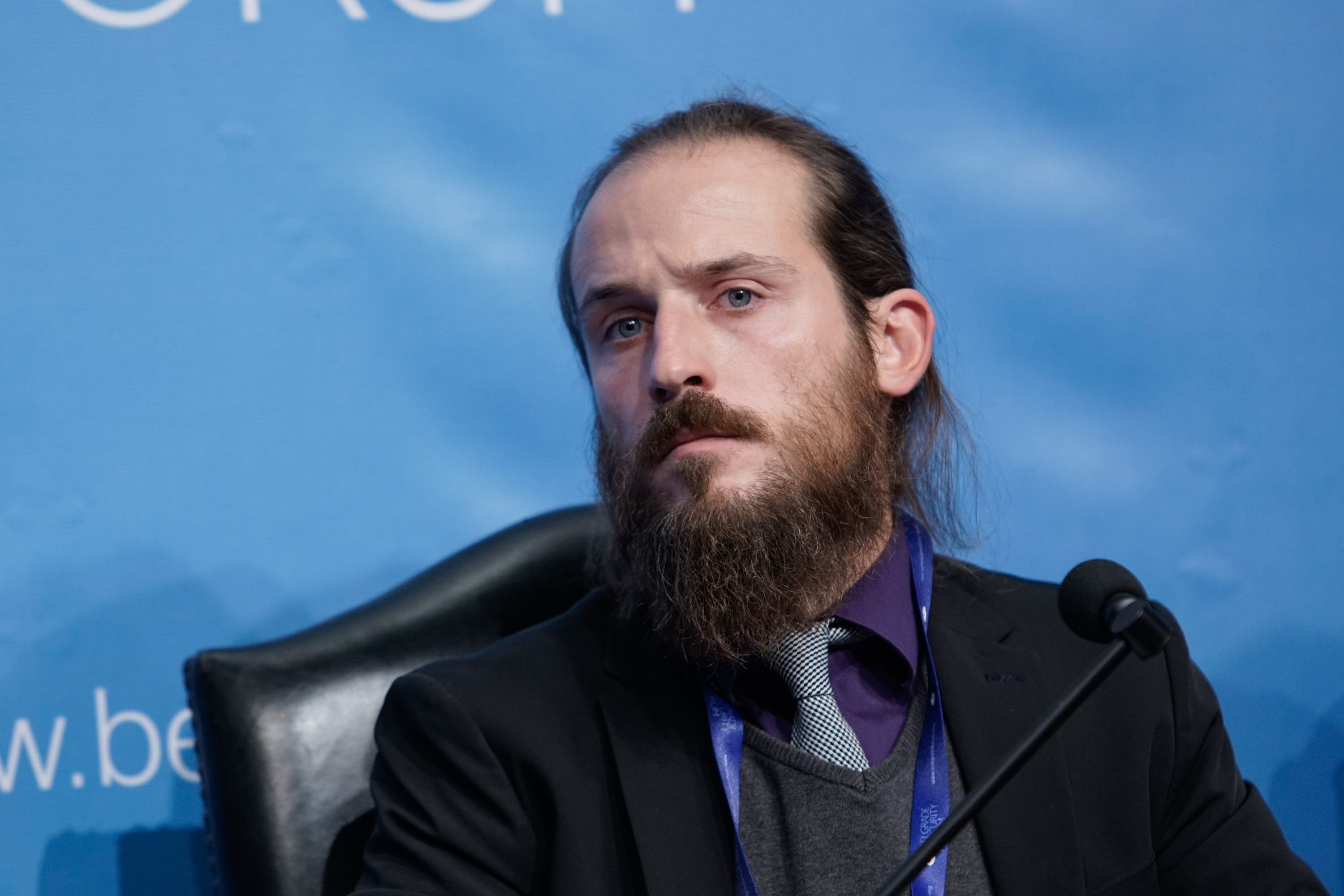Creating Demand for Reforms Beyond EU Conditionality – Civil Society and Public Administration Reform in the Western Balkans
by Milena Lazarević, Programme Director, Sena Marić, Europe&us Programme Manager, and Miloš Djindjić, Good Governance Programme Manager, European Policy Centre, Belgrade
Western Balkan countries have committed to challenging public administration reforms (PAR), in their pursuit of the EU membership. These reforms, paramount for the citizens of these countries, are mainly driven externally through the EU conditionality, as the fundamental before joining the Union. At the same time, these countries have been facing prolonged promise of becoming members, followed with increasing PAR conditionality yet lack of enlargement proactivity owing to the challenges the EU is facing internally. This in turn underpins democratic backsliding tendencies and antagonistic agendas. What if enlargement enthusiasm continues to dissipate, EU membership prospects become even bleaker, resulting in weakening of the effects of EU’s external conditionality? In this paper, authors argue that in the event of (indefinite) delay of the EU accession, civil society in WB should take over the role in demanding national and local PAR reforms, continuing the pressure currently exercised by the EU conditionality through the Principles of Public Administration. Although active in monitoring different PAR areas in WB, increased civil society’s role is crucial in maintaining pressure for reforms, as only by increasing relevance and participation of local actors; can these inconvenient yet essential administrative reforms be achieved for the benefit of citizens, even without the EU accession prospects?








